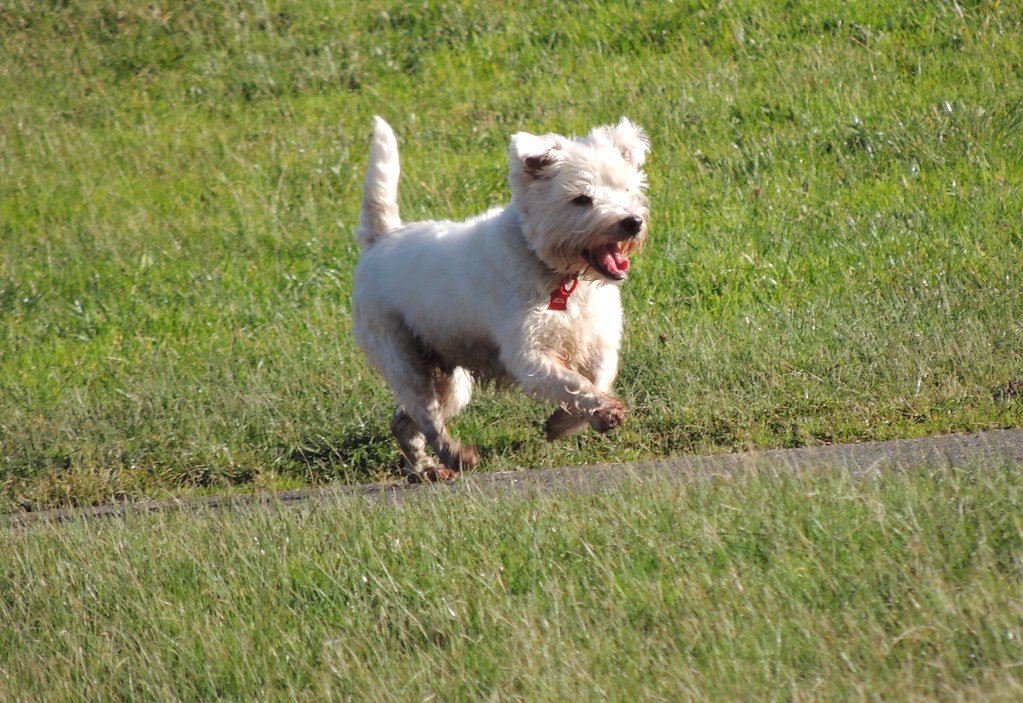Life’s full of surprises, isn’t it? One day you’re settled into a routine, and the next you’re packing boxes, switching jobs, or welcoming a new baby. While we humans fumble through these transitions with coffee and stress-eating, some dogs handle change like seasoned zen masters. Others? Well, they’re about as flexible as a brick wall. Here’s the fascinating truth about which breeds roll with life’s punches and which ones need their security blanket – I mean, favorite spot on the couch – to stay exactly where it’s always been.
The Golden Retriever: Life’s Ultimate “Yes” Dog
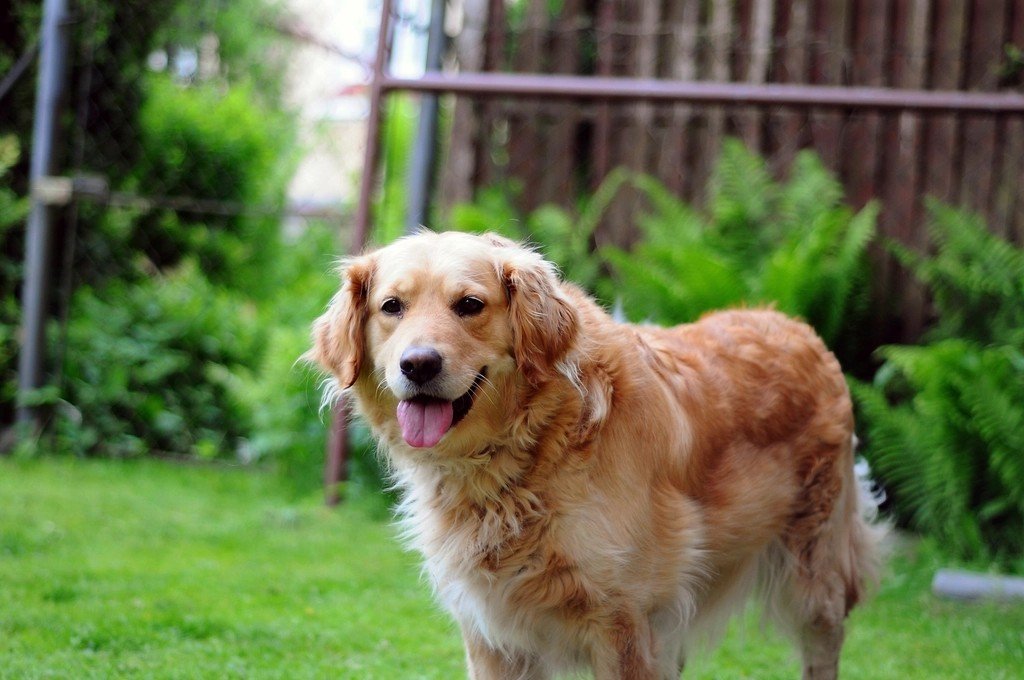
Golden Retrievers welcome change. These dogs remain calm, upbeat, and totally tuned into their humans. Change rarely rattles a Golden; they read the room and respond in kind. Think of them as the friend who says “sounds great!” when you suggest spontaneously driving to another state for tacos.
What makes Goldens so adaptable isn’t just their laid-back nature – it’s their emotional intelligence. These dogs are not just trainable, they’re treat-driven learners who respond fast when food’s involved. Their eagerness to please makes them one of the easiest breeds to redirect in new situations. Whether you’re moving across the country or just rearranging the living room furniture, your Golden will probably find the whole thing mildly interesting at best.
Labrador Retriever: The Swiss Army Knife of Dogs
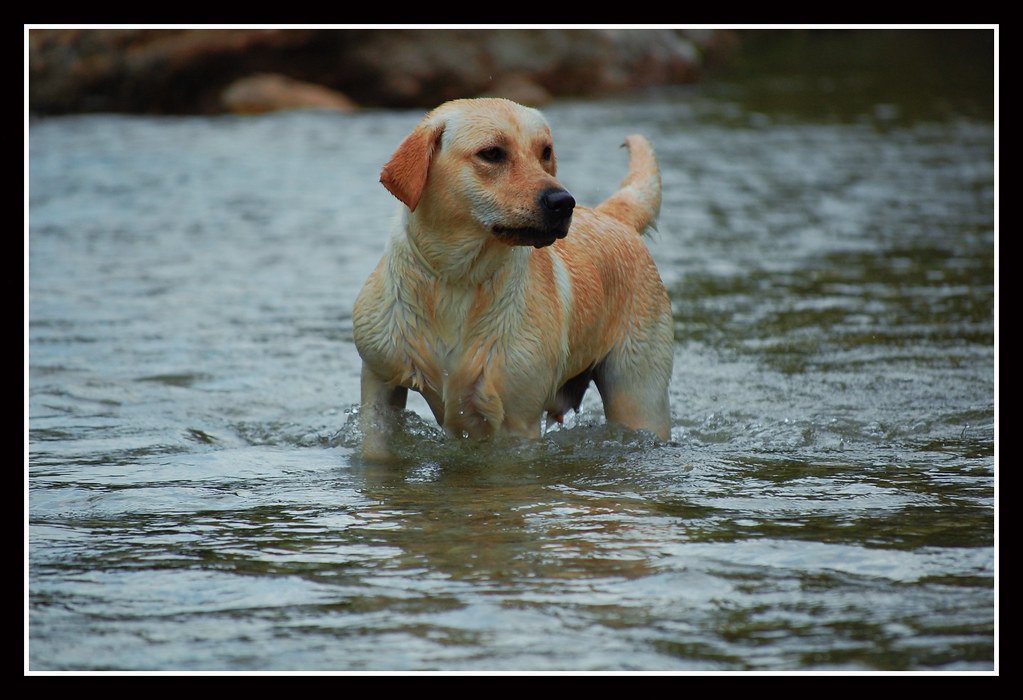
Labrador Retriever is the Swiss Army knife of the dog world – friendly, smart, and incredibly adaptable. Whether living in a downtown loft or sprawling countryside, Labs adjust quickly as long as they’re with their favorite humans. Their eager-to-please attitude and easy-going nature make transitions like moving or traveling much less stressful.
Labrador Retrievers are famously friendly and easygoing, making them well-suited to adapting to change. Whether it’s a new home, a different routine, or meeting new people and pets, Labs takes it all in stride. Their adaptable nature stems from their confident and balanced temperament, which allows them to be comfortable in various settings. Labs don’t overthink things – they just want to be where the action (and their people) are.
Poodle: The Problem-Solving Genius
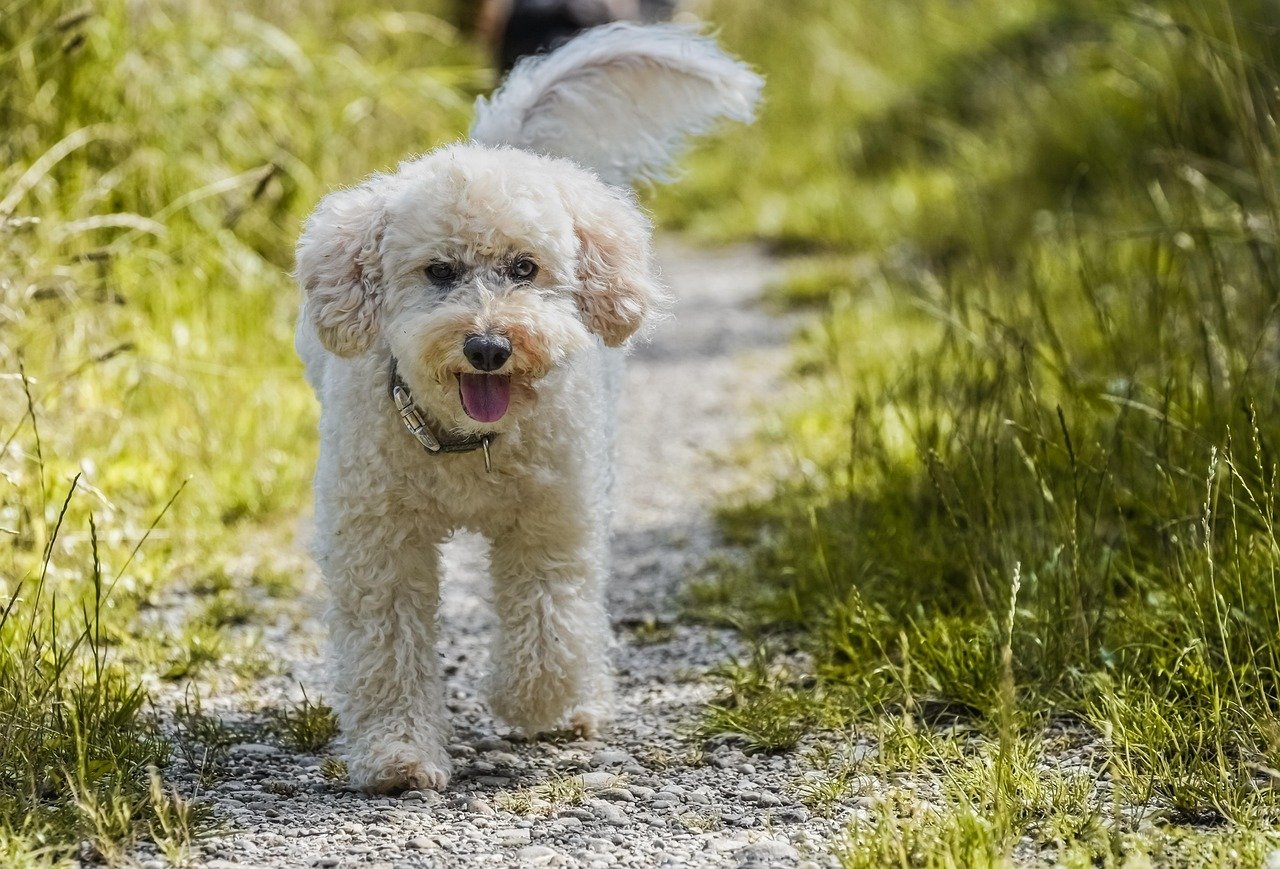
Poodle might look fancy, but beneath that fabulous haircut is a dog who can handle almost any situation. Standard, Miniature, or Toy Poodles are brilliant and remarkably adaptable to different living arrangements. They adjust quickly to changes in the environment because they are keen problem-solvers who can make themselves comfortable just about anywhere.
Poodles aren’t just clever, they’re wildly intuitive. You’d barely need to teach them twice. They pick up fast and settle in even faster. This breed blends right in, doesn’t matter if it’s a new apartment, a travel-heavy lifestyle, or shifting daily routines. It’s like they have an internal GPS that immediately recalculates when life throws them a curveball.
Havanese: Tiny Sunshine Balls of Flexibility
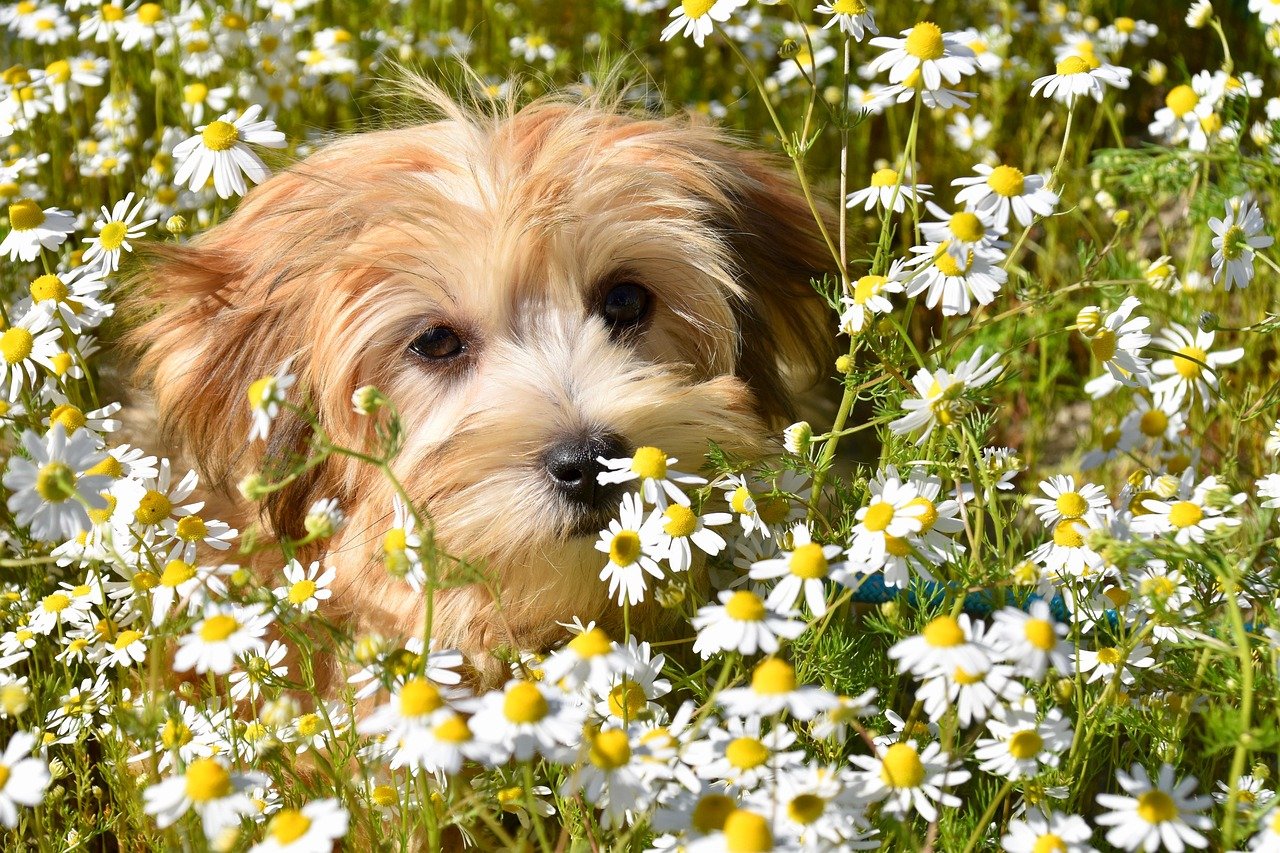
Havanese dogs are like little sunshine balls with the flexibility of a yoga instructor. They can adapt to city life, country life, or life in a studio apartment without batting a single long eyelash. They’re also masters of human emotions, adjusting their behavior based on your vibe for the day. If you’re having a chill morning, they’re down. Need to run errands all afternoon? They’re your copilot.
Havanese are compact balls of joy. They love meeting new people, are always up for playtime and gel with other pets, dogs and kids. While they train well (hello, brainiacs), they don’t constantly require mental stimulation. Havanese pups are as content running around performing tricks they’ve learned as they are lounging, depending on what the day calls for.
Bichon Frise: The Fluffy Diplomat
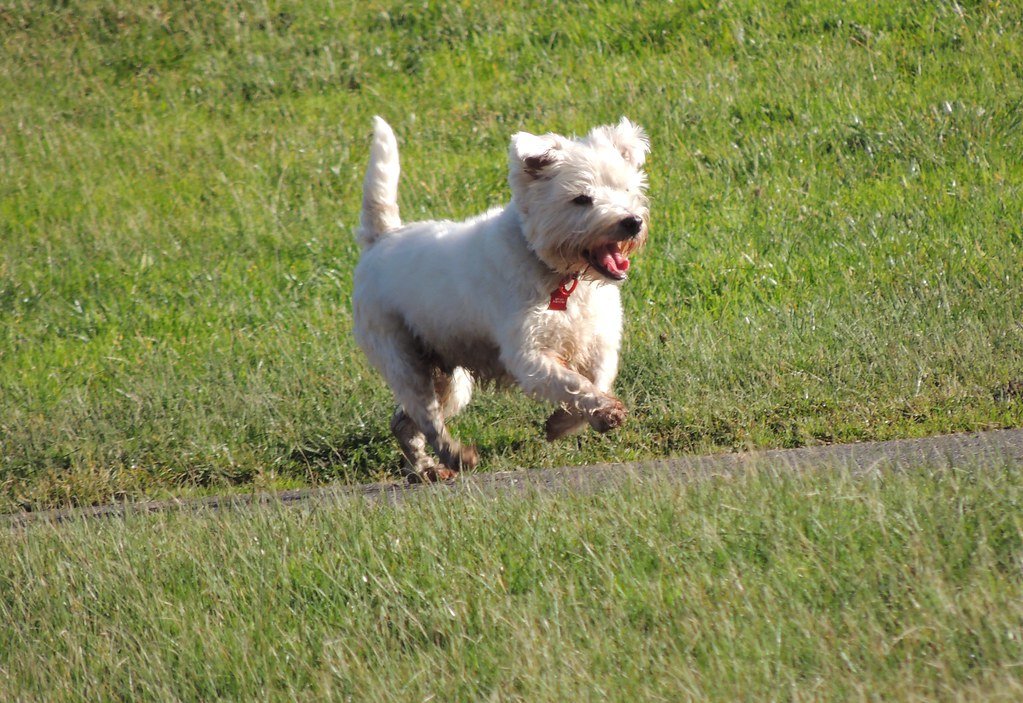
This breed is a marshmallow with legs – and it’s also one of the most adaptable companions. Bichon Frises are cheerful, charming, and exceptionally resilient to changes in routine. Whether you’re late for dinner or traveling across time zones, your Bichon will roll with it like a tiny, fluffy diplomat.
They get along with other animals, children, strangers, and even those weird vacuum robots. And since they’re hypoallergenic, they’ll fit into your life without triggering allergies or drama. Honestly, if Bichons were any more adaptable, they’d probably help you pack the moving boxes.
French Bulldog: The Chill City Companion
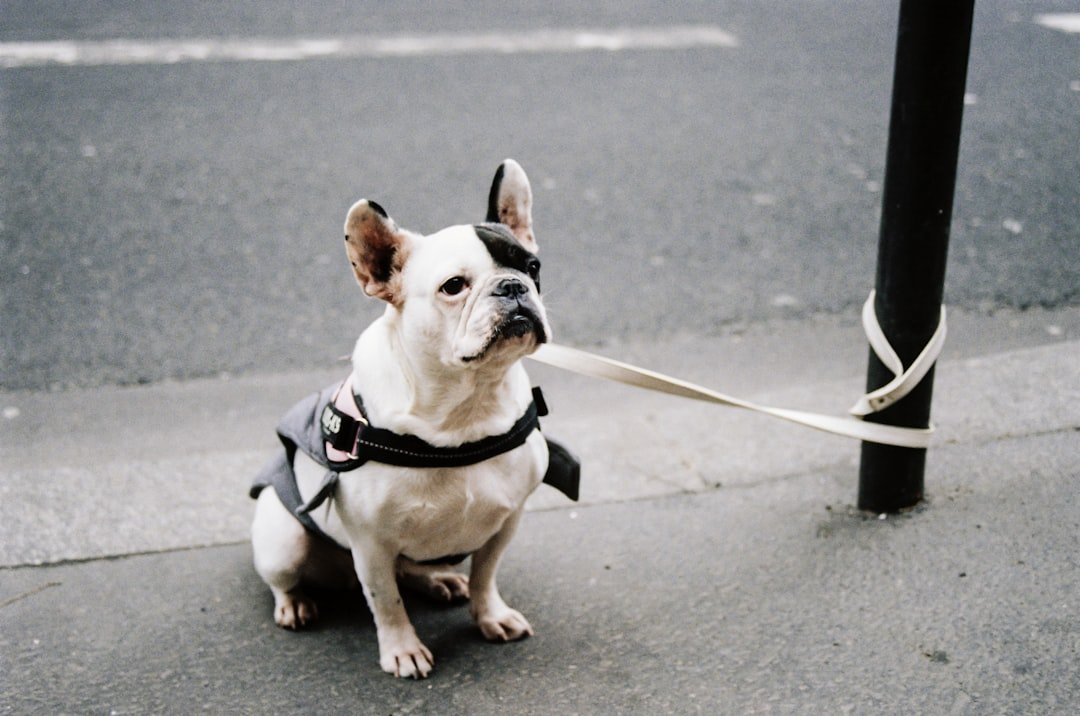
Frenchies are ideal city pets. They don’t bark much at all and they can be homebodies or social butterflies, depending on the situation. They quickly learn commands and love to please their people. Affectionate and even-tempered, Frenchies adore their families and love to play, but are always ready to curl up for a nap.
What makes French Bulldogs so adaptable is their “whatever works” attitude. They’re content being couch potatoes one day and social butterflies the next. Boston Terriers bring a big personality in a compact frame and are surprisingly adaptable to new digs. Whether city living, suburban sprawl, or bouncing between family visits, Bostonians adjust quickly and don’t dwell on the past. Their easygoing nature and affectionate demeanor mean theyre usually more concerned about who’s giving belly rubs than where the couch is.
Cavalier King Charles Spaniel: The Easygoing Royal
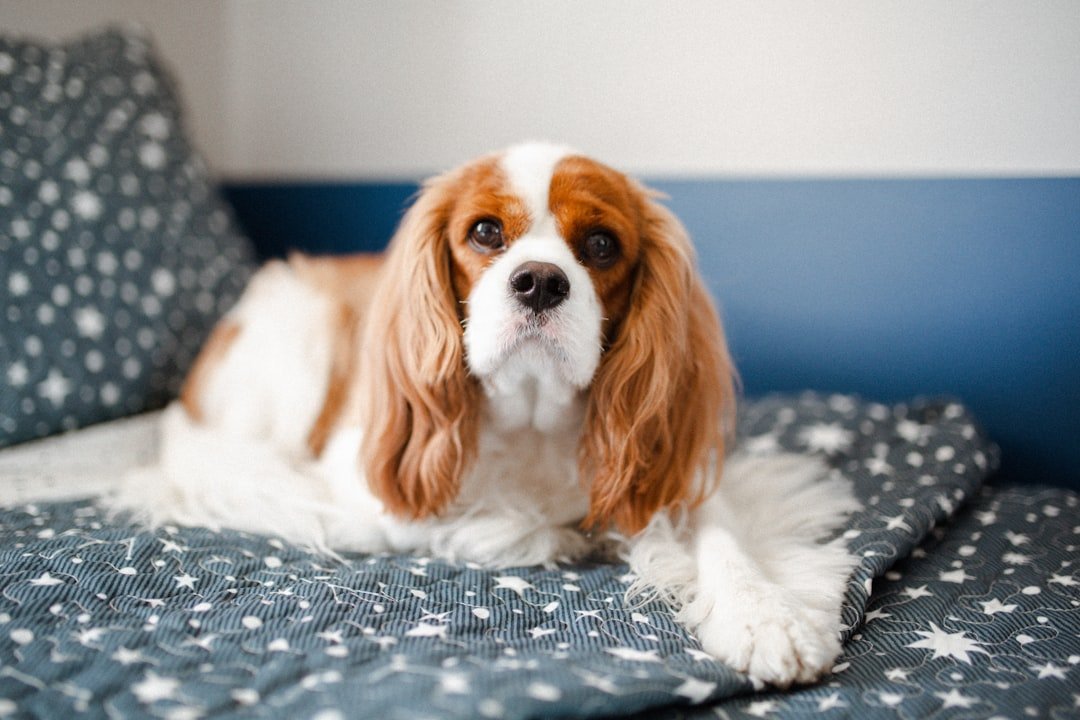
The Cavalier King Charles Spaniel is an adaptable and affectionate breed that easily adjusts to change. These dogs are renowned for their loving nature and gentle temperament, which enables them to remain calm in new situations. They form strong bonds with their families and enjoy being part of any activity, whether it’s a change in routine or a new environment.
Their easy-going attitude makes them perfect for families who frequently move or change up their routines. A Cavalier King Charles Spaniel will go with the flow and make themselves right at home in any situation. They’re basically the canine equivalent of someone who genuinely means it when they say “I’m fine with whatever you want to do.”
Cocker Spaniel: The Cheerful Adapter
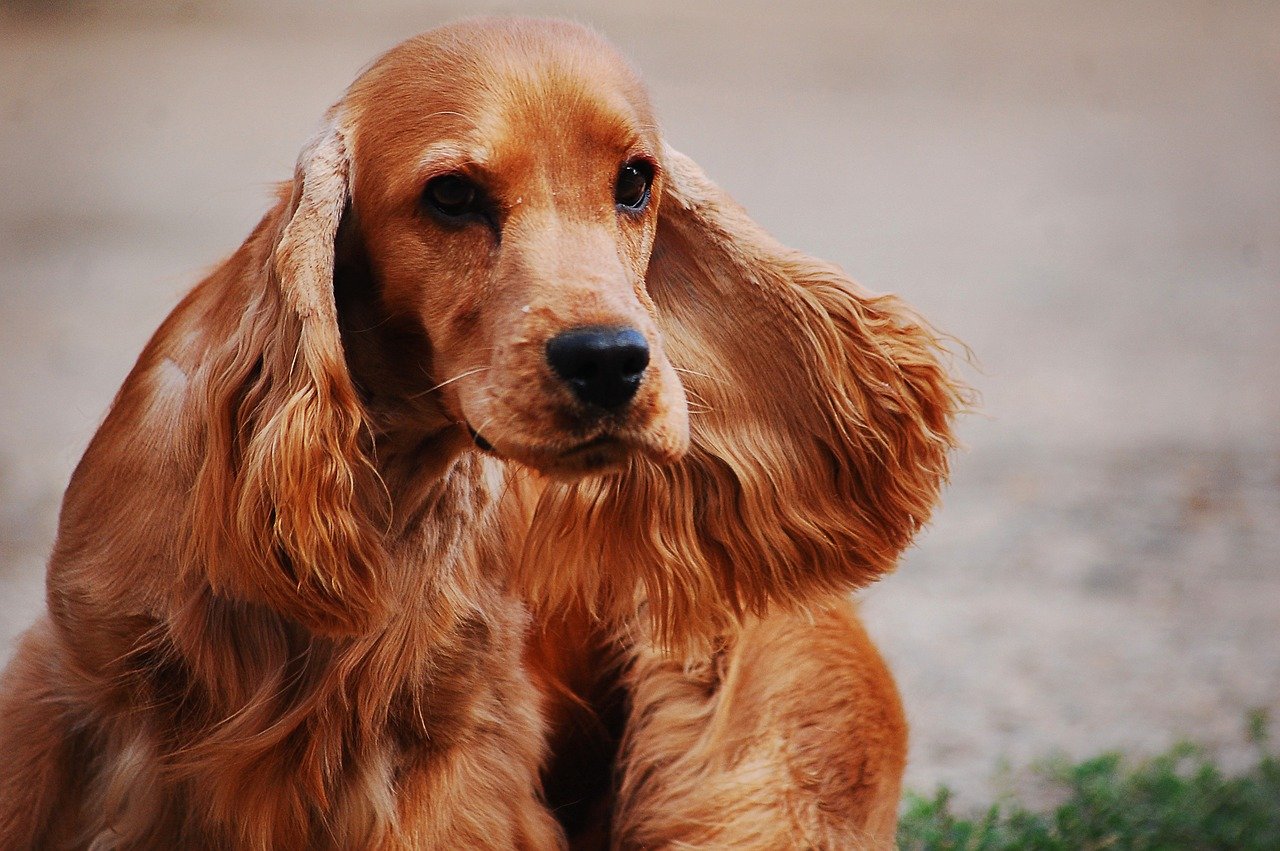
Cocker Spaniels are known for their affectionate, playful, and adaptable personalities. These dogs are happiest when they’re with their families and are great at adjusting to different environments and changes in routine. Whether it’s moving to a new home or welcoming a new pet, Cocker Spaniels remain friendly and eager to engage. Their cheerful disposition and intelligence help them navigate changes with minimal stress, making them excellent companions for families who live active or flexible lifestyles.
The secret to a Cocker Spaniel’s adaptability lies in their people-pleasing nature. They’re so focused on making their humans happy that they’ll adapt to whatever makes that happen. New house? Great! New baby? Wonderful! New routine? They’re already mentally adjusting their schedule.
Whippet: The Surprisingly Flexible Speedster
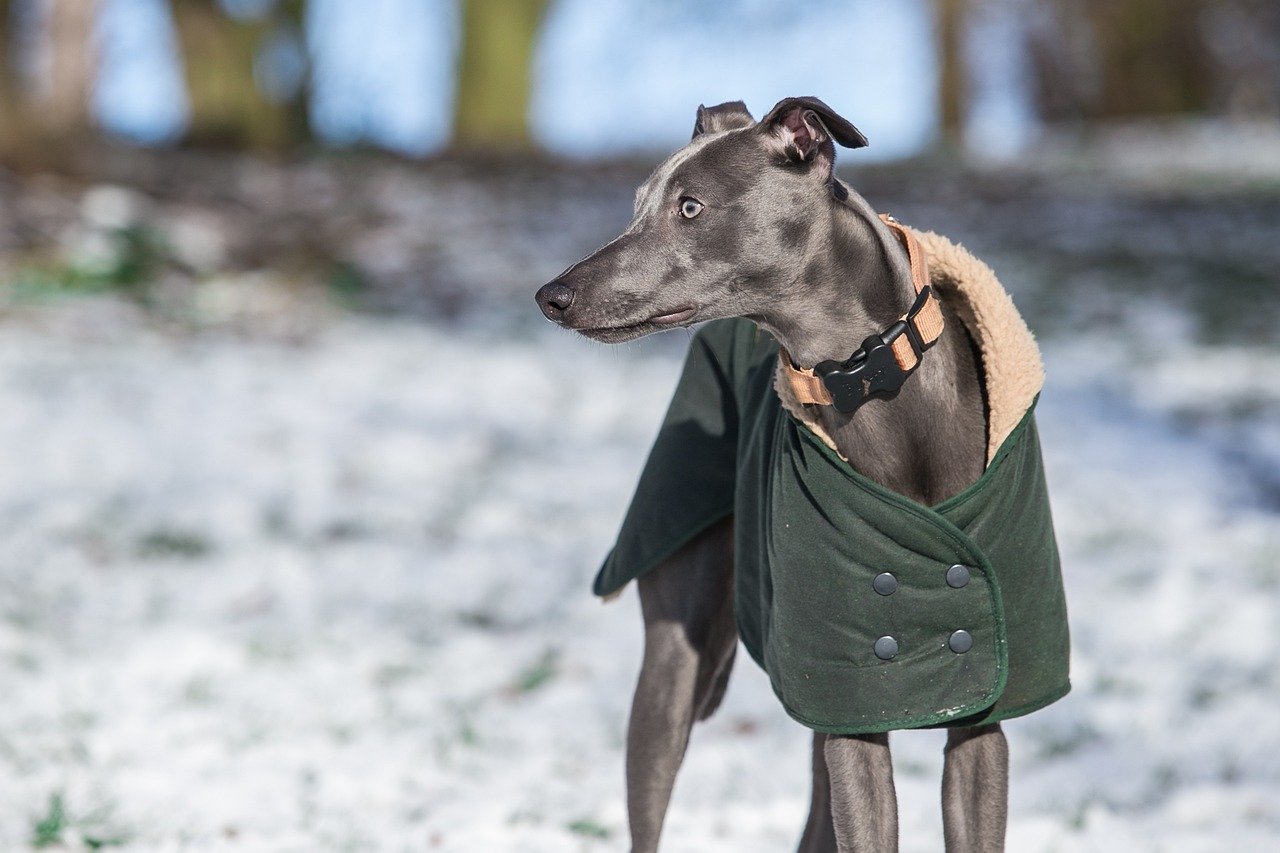
The Whippet may look like a racecar on four legs, but these sleek, quiet dogs are homebodies at heart. They love to sprint, but they love to sleep just as much, making them ideal for people with varying routines. Whether your day includes an early-morning run or a midday snooze, your Whippet will gladly join. Their easy-going nature, low grooming needs, and ability to adapt to apartment living or suburban homes make them one of the most flexible breeds you’ll ever meet.
Whippets have mastered the art of energy conservation. They’ll give you everything they’ve got during playtime, then seamlessly transition into professional couch potato mode. It’s like having a sports car that’s perfectly happy sitting in the garage most of the time.
Shih Tzu: The Adaptable Aristocrat
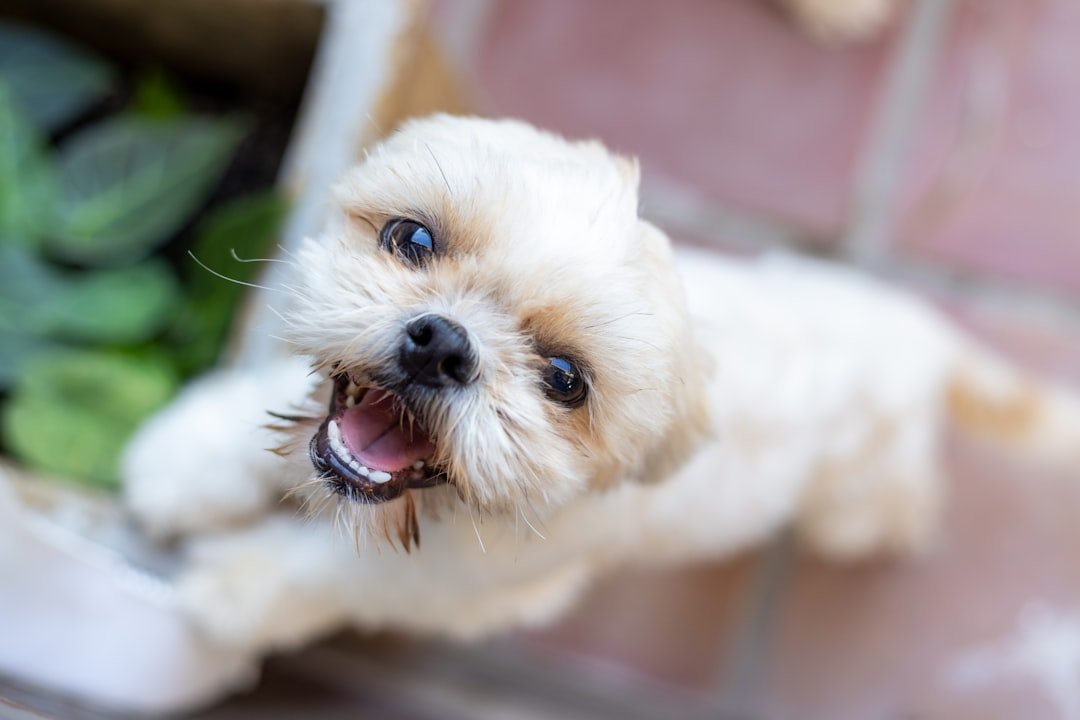
Bred to be royal lap warmers, Shih Tzus are experts at adapting to whatever palace – or apartment – you provide. These little charmers quickly get comfortable in new spaces and don’t stress easily over environmental changes. They’re content in a big backyard or a cozy studio as long as they get plenty of love and belly rubs. As highly social dogs, they take most changes in stride, occasionally pausing only to claim the best chair in the house as their royal throne.
Shih Tzus were originally bred to be companion dogs, which is evident in their flexible and easygoing nature. They adapt well to different types of environments and are content to be with their owners, regardless of the activity. This breed is particularly suited to those who have less active lifestyles but still want the joyful companionship of a dog.
Border Collie: The Obsessive Perfectionist
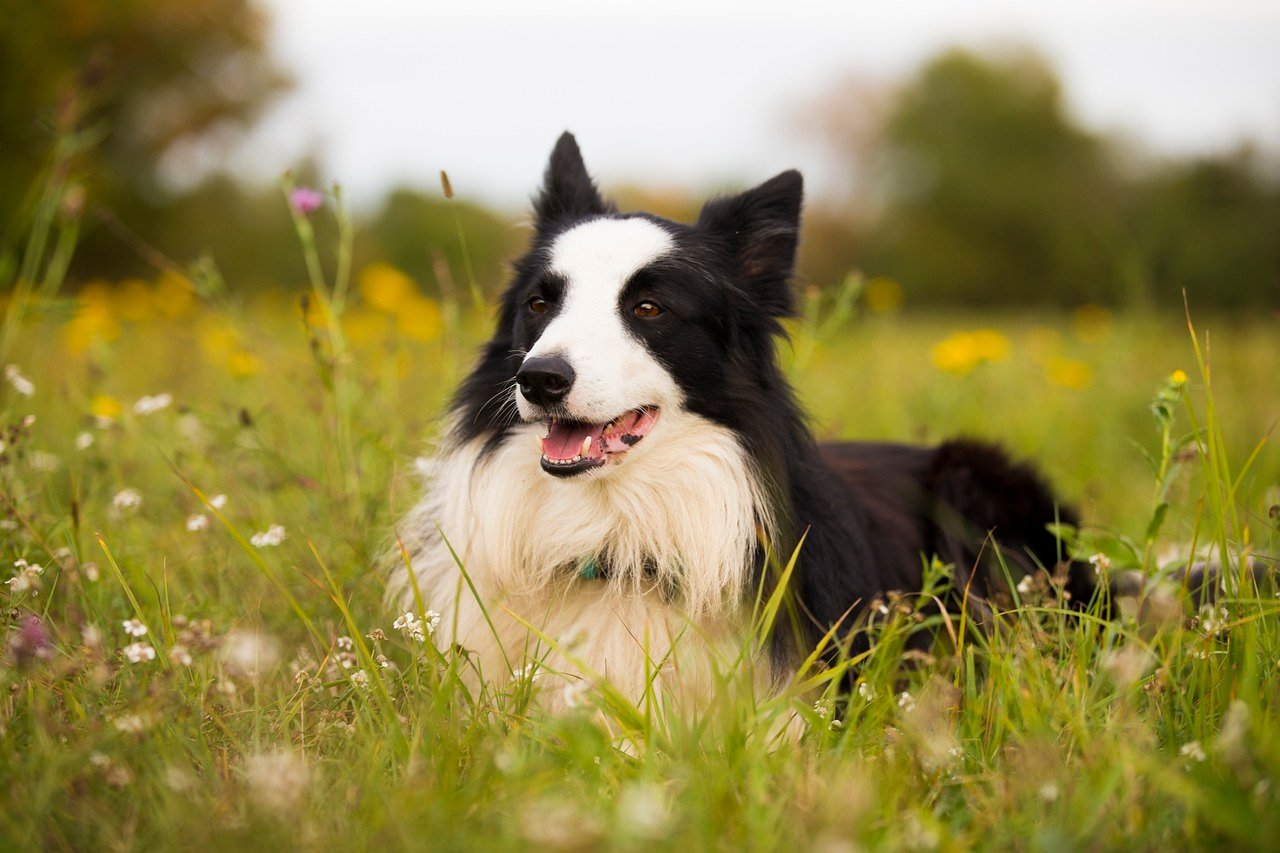
Not every dog handles change with grace. Some breeds are wired to be sensitive, routine-dependent creatures who view a moved food bowl as a minor catastrophe. Here are the five breeds that would rather you keep everything exactly as it was, thank you very much.
These emotional dogs love routine and can become anxious in chaotic environments. A peaceful home with structure helps them feel safe and thrive. Border Collies are like that friend who has their entire day planned to the minute and genuinely panics when traffic makes them three minutes late.
Like an overachieving human with a to-do list, the Border Collie finds joy in routine, purpose, and fulfilling tasks. Without an assigned job, they may create their own list (think chewing socks or digging holes), so make sure to keep them focused on healthy diversions. They appreciate routine and may get overwhelmed if the house is too chaotic, so keep things as orderly as possible with these pups and follow a schedule where they can predict their next walk or playdate. Change their routine, and you might find your shoes reorganized in ways you never imagined.
German Shepherd: The Routine-Dependent Guardian
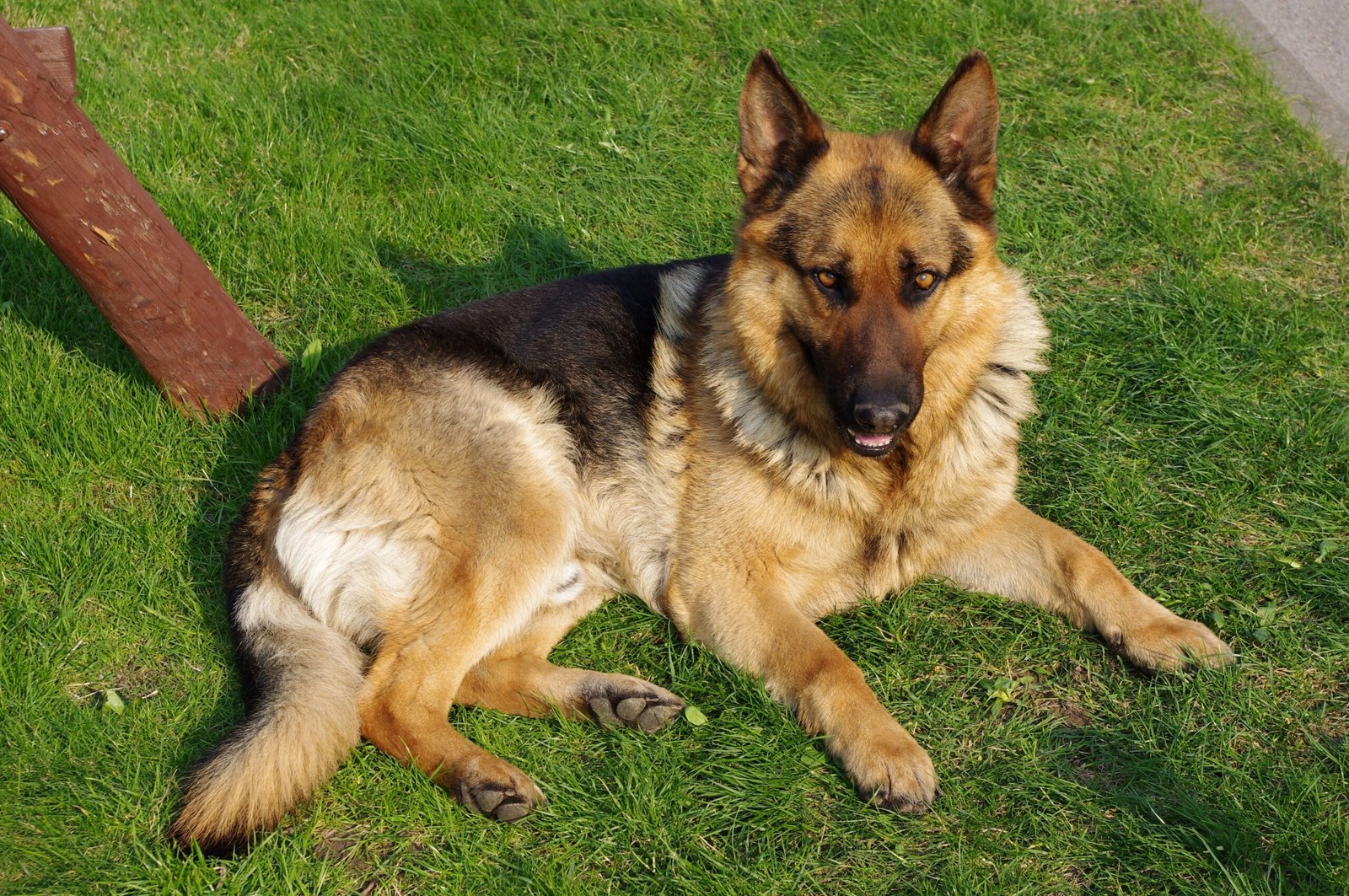
German Shepherds are fiercely protective, smart, pack-centric animals that have a tendency to become anxious and destructive when they’re not with their pack. These dogs form incredibly strong bonds with their families, which can become problematic when change disrupts their carefully constructed world.
German Shepherds display a perfect aura of assertive and calm level-headedness. However, they form deep bonds with their favorite human, and they can develop anxiety when separated for too long. They need consistency and predictability to feel secure, making them less adaptable to sudden changes in environment or routine.
Vizsla: The Velcro Dog with Attachment Issues
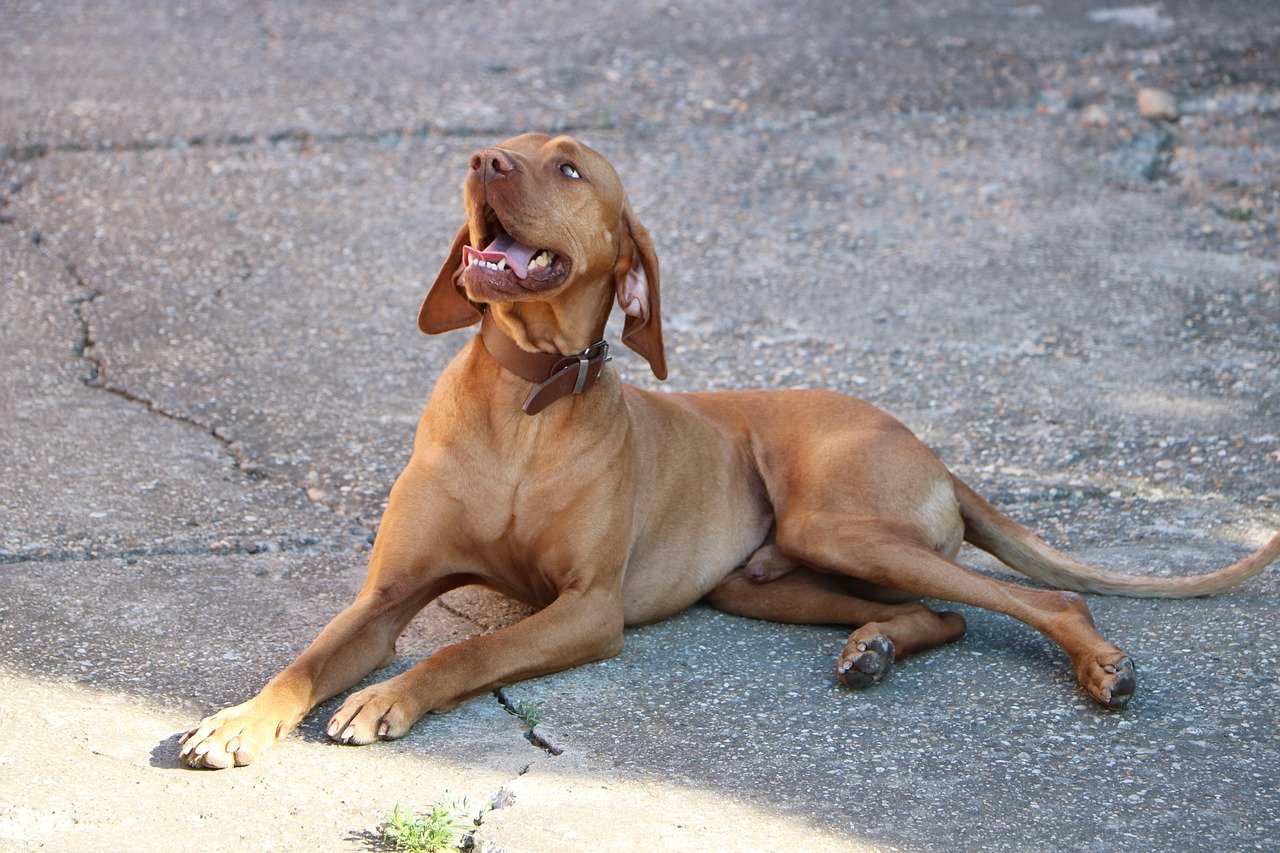
Vizslas – or “Velcro Vizslas” – are so devoted to their humans that their owners rarely even get a chance to use the bathroom alone. Attached to the point of nosiness, Vizslas almost universally attach to at least one if not all members of their family, and struggle to be left alone. Vizslas thrive on routine, and like to know their place in the world at all times. Alone, they have no one to take their cues from.
We recently moved and the move was really unsettling for him. Our breeder boiled it down to a lack of his normal routine for a while, and there were aspects of the moving process that couldn’t be controlled (boxes, movers, driving for hours, showing the house, etc.) Vizslas don’t just dislike change – they take it personally.
Jack Russell Terrier: The High-Energy Routine Addict
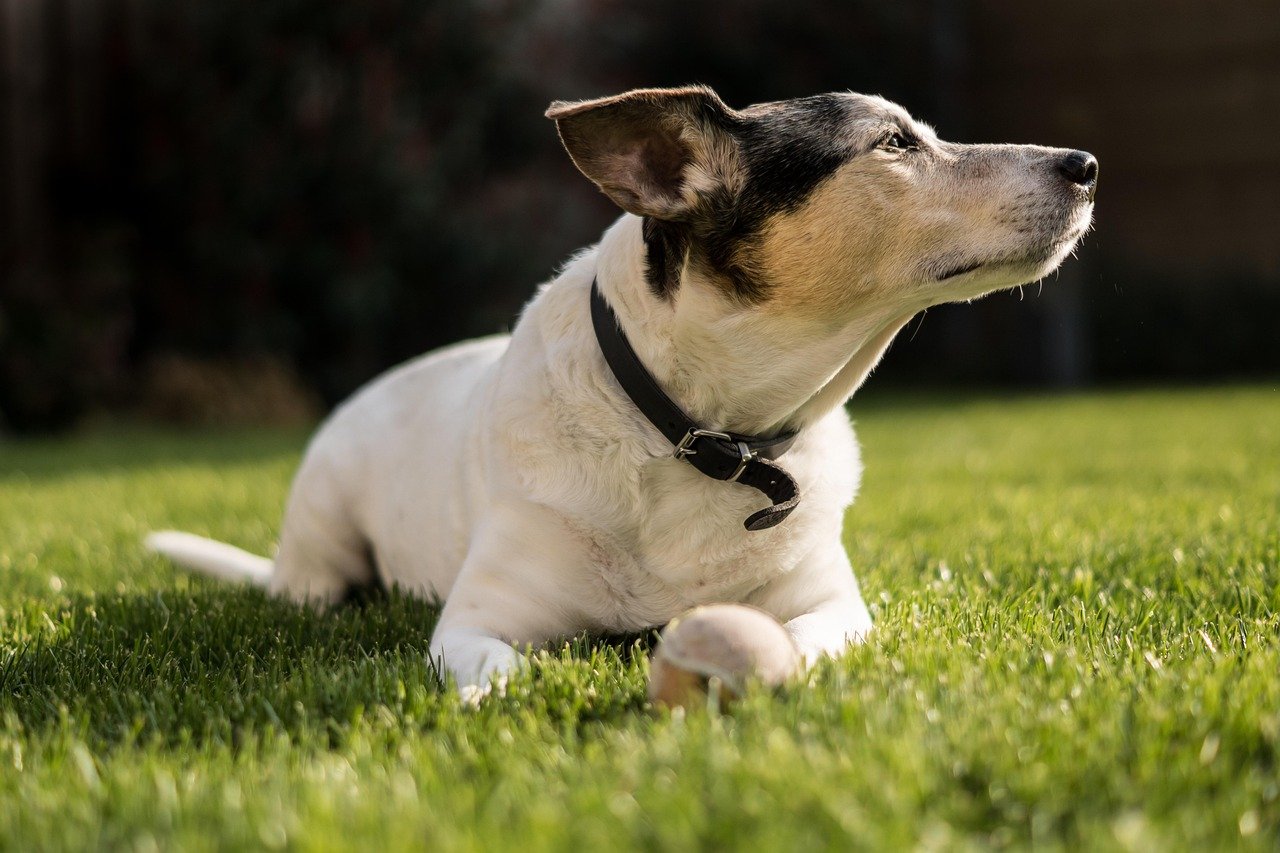
Small but mighty with energy! Bred as a working dog, Jack Russell Terriers will search for a job on their own if they aren’t given one. Digging enthusiasts, they can do some damage seeking out entertainment while their owner is gone for the day. When their routine gets disrupted, they channel that energy into creative destruction.
Jack Russell Terriers are well-known for their high levels of energy. Though small in stature, they can spend hours playing, running, and swimming. Bred for hunting, these active dogs need a lot of attention and engagement from their owners. It’s not uncommon for a Jack Russell Terrier to experience separation stress and feel uncomfortable when their owner departs the house – especially if they haven’t had their daily walk or play time.
Australian Shepherd: The Sensitive Workhorse
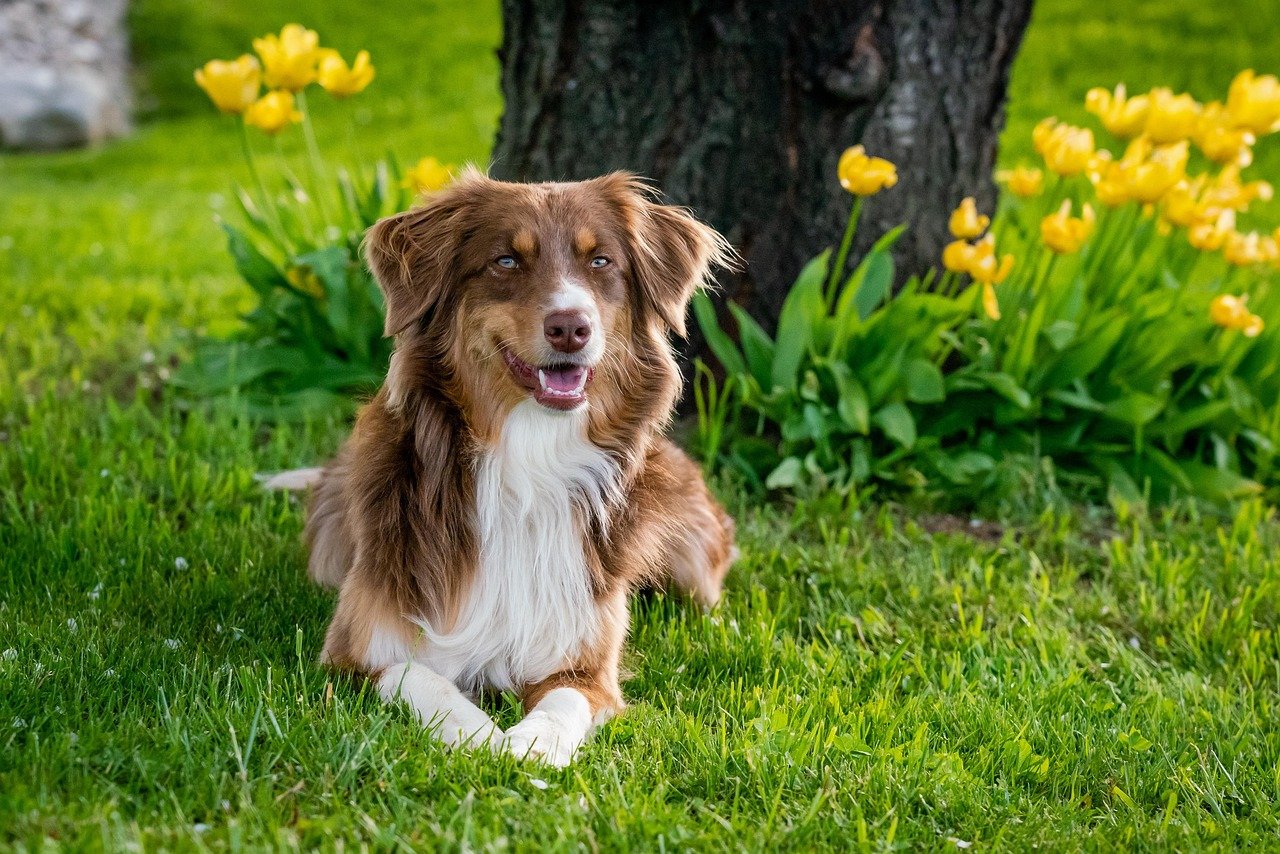
Aussies are a herding breed and rejoice in staying busy. As with most herding breeds, they are intelligent and sensitive to their surroundings, making them more likely to react negatively when something is off in their daily routine. They notice everything – and I mean everything – that changes in their environment.
Bred for herding, Aussies excel at reading human emotions, body language, and even predicting routines. It’s no surprise this sensitive breed can grow anxious if left with too little to do. They need mental stimulation, like most dogs need food. Australian Shepherds are basically the canine equivalent of someone with anxiety who notices every single detail that’s different about their usual coffee shop.
Conclusion
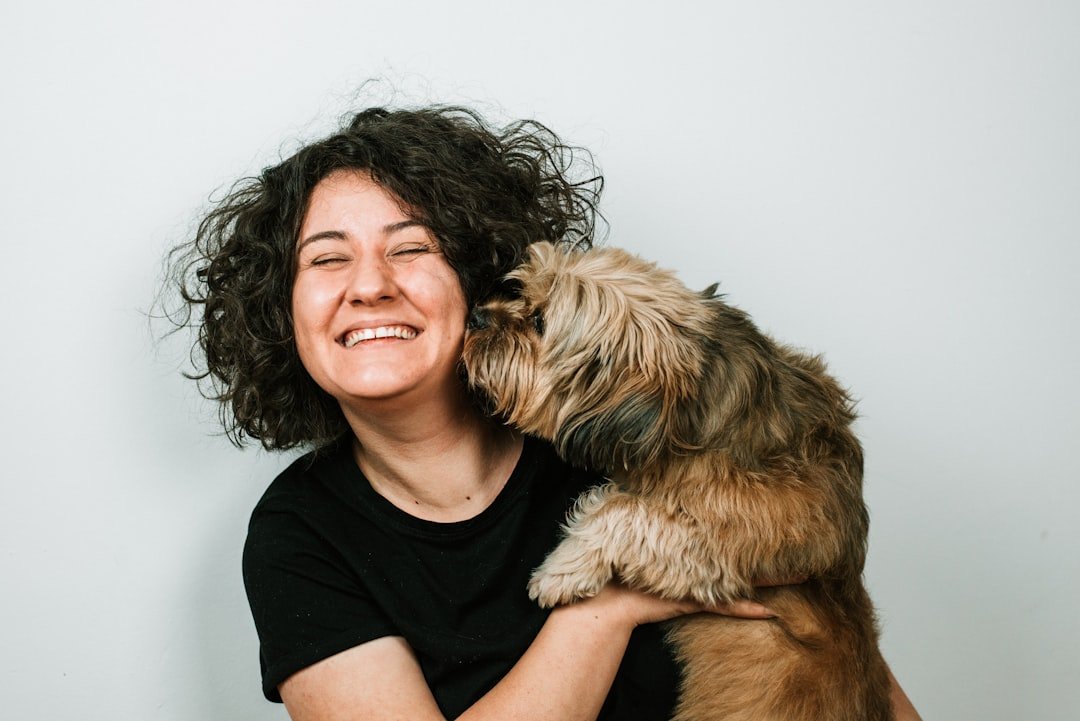
Dogs are just like people – some roll with the punches while others need their world to stay predictably organized. The adaptable breeds aren’t necessarily “better” than the routine-dependent ones; they’re just wired differently. If you’re someone who thrives on spontaneity and frequent change, a Golden Retriever or Havanese might be your perfect companion. But if you appreciate structure and consistency yourself, you might find a kindred spirit in a Border Collie or German Shepherd.
The key is matching your lifestyle with your dog’s temperament. After all, the most important thing isn’t whether your dog adapts to change easily – it’s whether you both adapt to each other. Did you recognize your furry friend in any of these descriptions?

Andrew Alpin from India is the Brand Manager of Doggo digest. Andrew is an experienced content specialist and social media manager with a passion for writing. His forte includes health and wellness, Travel, Animals, and Nature. A nature nomad, Andrew is obsessed with mountains and loves high-altitude trekking. He has been on several Himalayan treks in India including the Everest Base Camp in Nepal.

